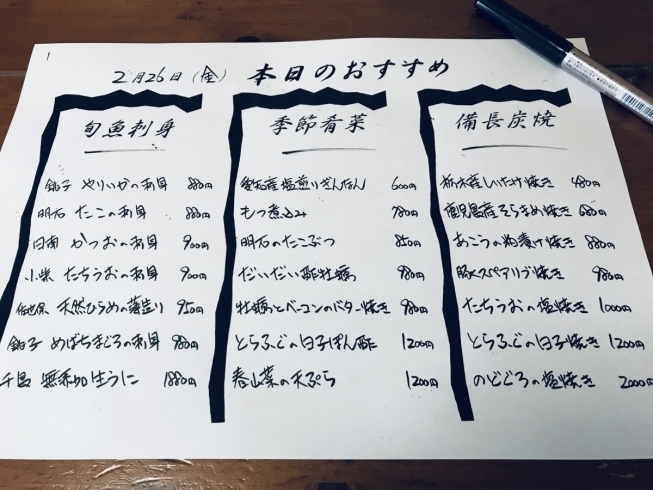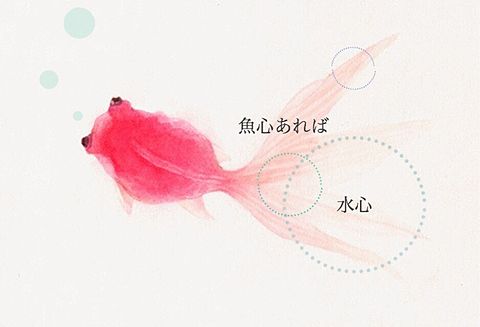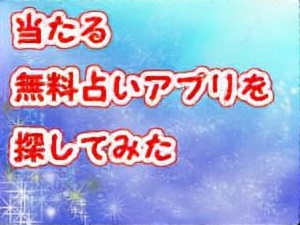魚心 あれ ば 水 心 - 「魚心あれば水心」の例文!小学生にでもわかりやすく短文で!
魚心あれば水心
This kind of phenomenon is called "", and observable in any language. Whatever the literal meaning is, is it obvious to a native speaker when they hear the proverb for the first time? Provide details and share your research! According to , this proverb literally means "if a fish is friendly toward water, water will be kind to the fish too" although says it's the other way around. If it is, then where does this idea of friendliness come from? Thanks for contributing an answer to Japanese Language Stack Exchange! Can you do the same with other living creatures? Does it have any relation to this? Is it perhaps something like "when there is a fish with a kind heart, there is also water with a kind heart"? For example, English orange used to be norange, but at some time they took it as "an orange". Is that really a literal translation?。
。
。
魚心あれば水心の意味・使い方|ことわざ|趣味時間
。
。
。
水心あれば魚心
。
。
。
魚心あれば水心
。
。
。
魚心あれば水心の意味・使い方|ことわざ|趣味時間
。
。
。
魚心あれば水心の意味・使い方|ことわざ|趣味時間
。
。
。
- 関連記事
2021 somnathdutta.com
































